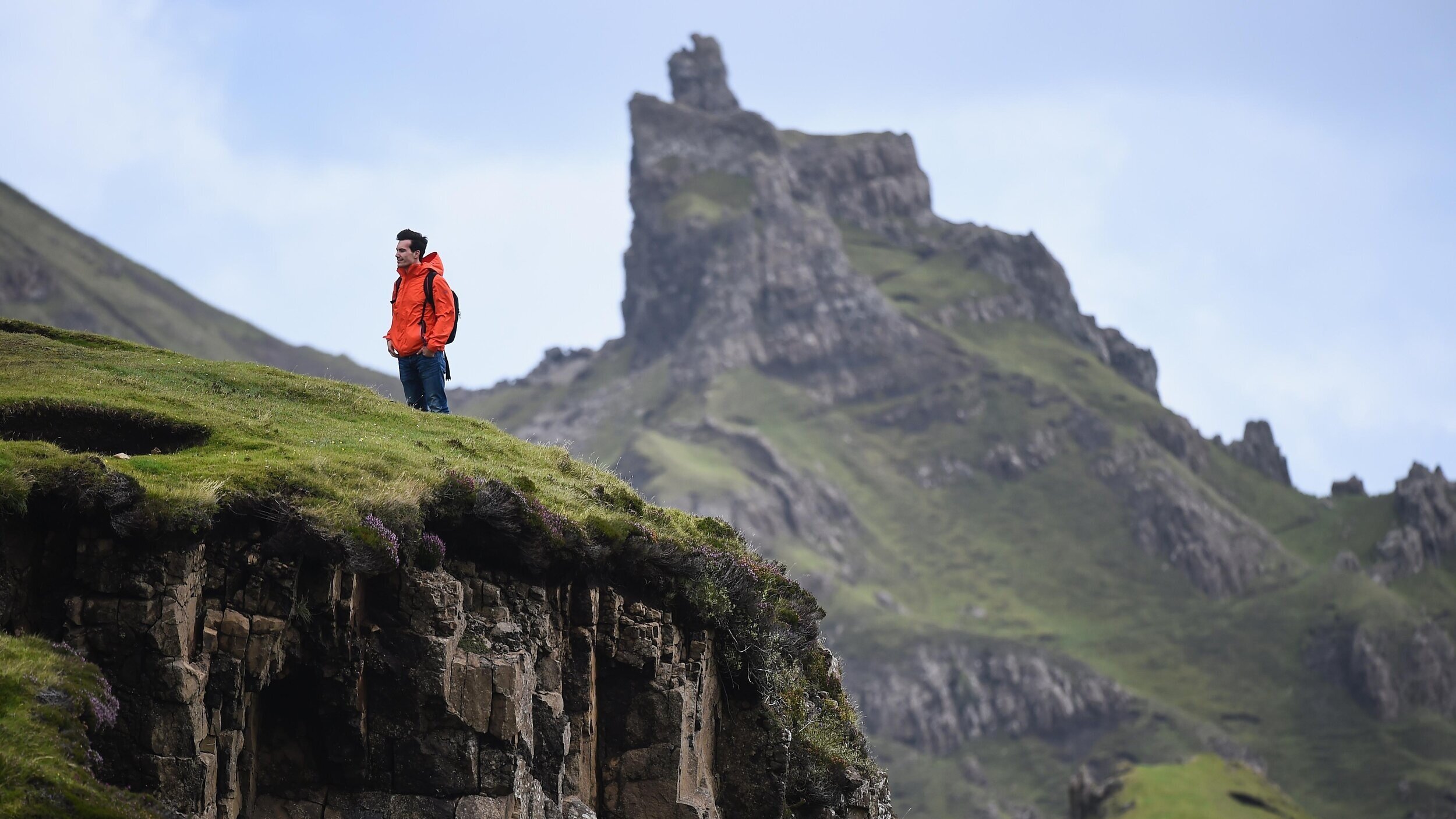The Future of Scottish Tourism
Small businesses set to struggle amid coronavirus recovery | Jeff J Mitchell/ Getty Images
As investors reassess their values amid the easing of lockdown across Europe, it is clear that one of the hardest hit sectors, travel and tourism, will not be recovering any time soon.
Walking down the now quiet streets of St. Andrews is a telling affair. At this time of year they are typically bustling with golfers and tour busses. The acute pain of their absence, as brought on by the outbreak, is being felt here as well as at many other popular tourist destinations across Scotland.
The tourism industry accounts for roughly 8% of Scotland’s workforce. Yet of the 15,000 registered tourism businesses in Scotland, almost three quarters have fewer than 10 employees. The Scottish tourism industry is dominated by small business and it is these small businesses that are the most at risk from the short-term effects of the pandemic; they are heavily dependent on seasonal cash flow with the majority of their employees already earning less than the real living wage.
As businesses find themselves at the mercy of government aid, many are becoming increasingly concerned that government support will end before the negative effects of the pandemic have fully disappeared. The current average length of survival of a small business without government support is 3 months. By April 2020, 58% of employers in Scotland’s travel and tourism sector were forced to reduce staff numbers. These effects will only get worse if government support is withdrawn before the industry has found its new equilibrium.
Sweeney’s Dolphin II Cruise Co on Loch Lomond
Sweeney’s Cruise Co, one of Scotland’s oldest family run businesses, operate a fleet of 6 boats on Loch Lomond. They, like many others, have been severely affected by the pandemic: experiencing cancellations since the outbreak in January and remaining closed during what are usually their busiest months.
Losing out on these profits will have a long-term impact on Sweeney’s future growth, even though they have thus far managed to keep their staff on furlough. Even this small success is shaky; it remains unclear if government aid will continue to be available to help them through the coming winter.
Even as the industry begins to recover from the pandemic, many of the tour groups which Sweeney’s have spent years developing strong relationships with have already begun to go under. As things return to normal, they will be forced to run their boats on a reduced schedule at as little as one third of their carrying capacity to conform to social distancing measures. Furthermore, many of the small villages along their routes such as Luss and Balmaha remain hesitant to return to the usual influx of international tourists that the boats bring. These illustrate just a few examples of the long-term negative effects on small businesses and the level of support they require to survive long after the pandemic.
Glasgows streets lie empty amid coronavirus lockdown
As lockdown restrictions are lifted and society adapts to the new normal, international tourism will be among the final sectors to fully recover. As a result, domestic tourism and staycations are expected to increase in popularity as wary tourists look for safer and cheaper options. On average, the domestic tourist spends less than the international tourist.
The resulting change will affect destinations differently depending on their geography and ability to adapt. Remote destinations such as the Scottish Highlands could find themselves more popular than ever whereas larger cities such as Glasgow and Edinburgh will continue to struggle. Several international destinations are already offering subsidies to tourists in an attempt to counter these new trends.
Perhaps John Sweeney put the implications on the industry best when he told me:
On a brighter note I do think that forcing businesses to be creative and think outside the box, run more efficiently and provide a better service could have very positive consequences for visitors in the long-term.
The negative effects of the pandemic will continue to severely damage Scottish Tourism for some time to come. We can only remain hopeful that what comes out of the other end will be more creative and efficient from it.



